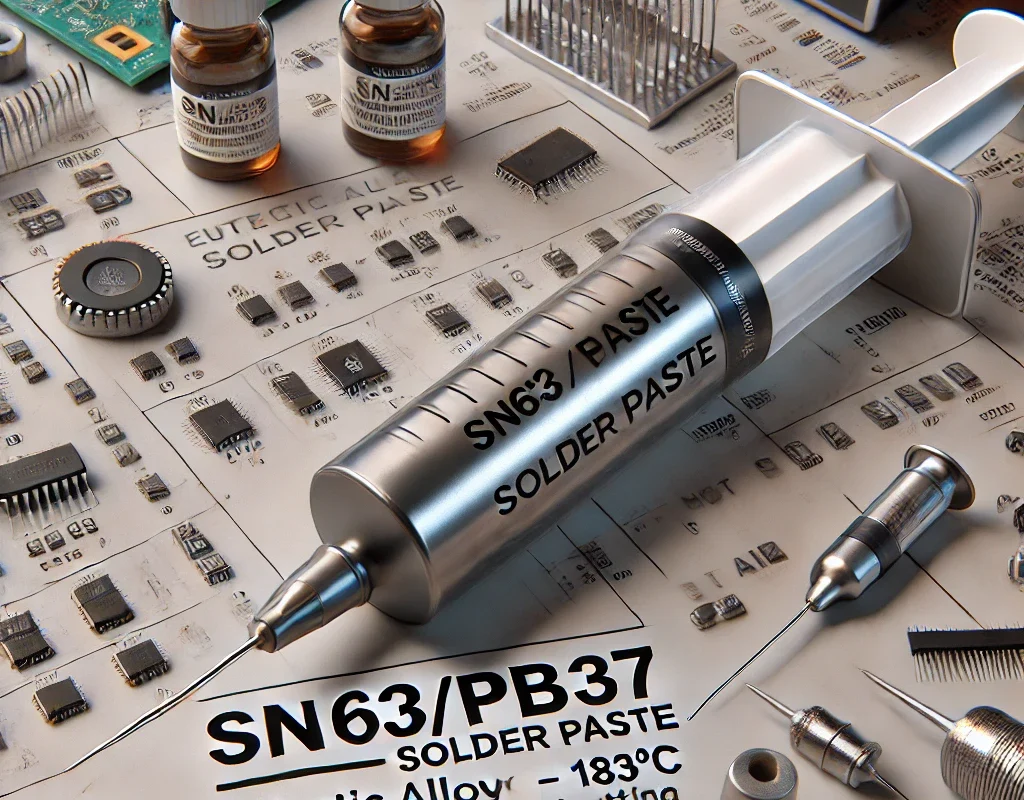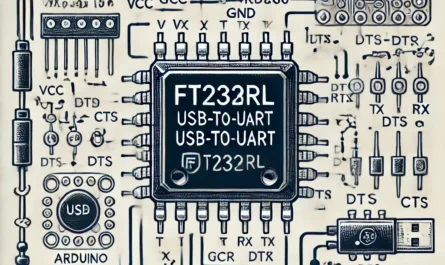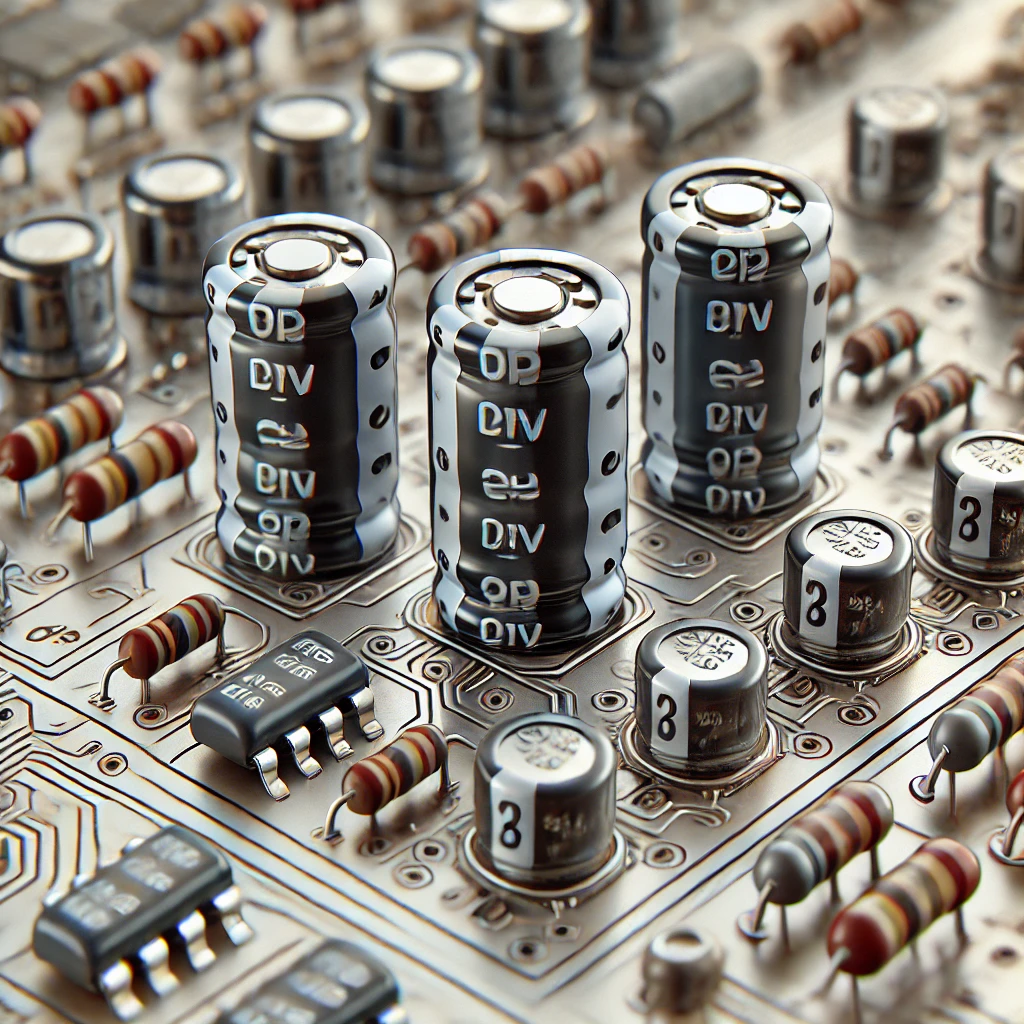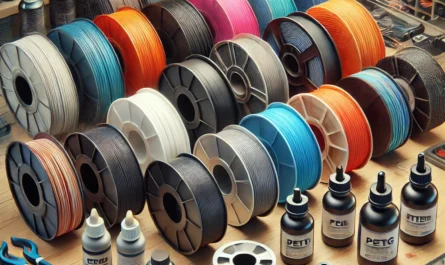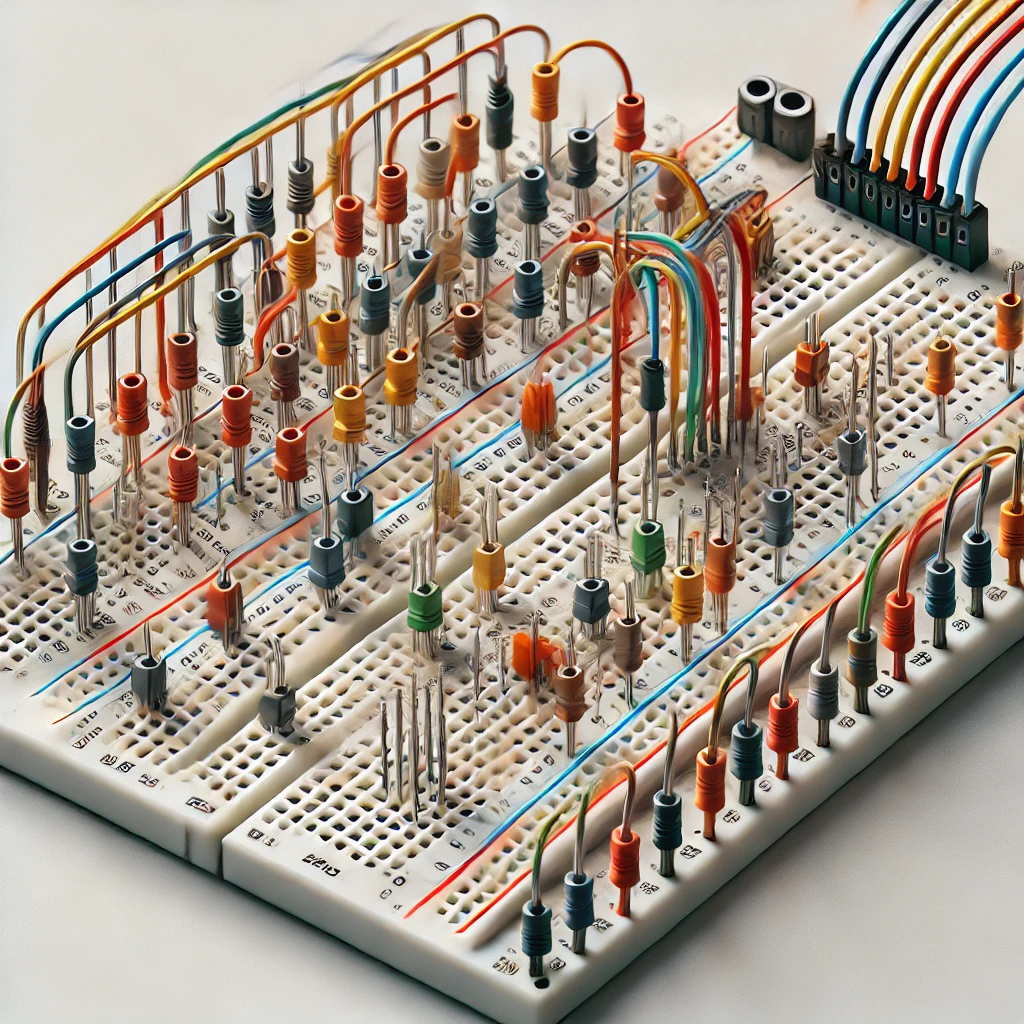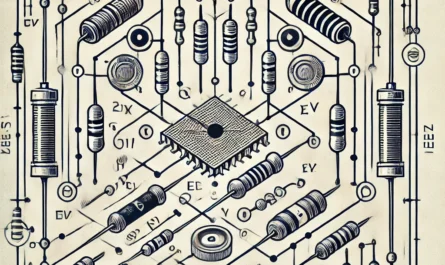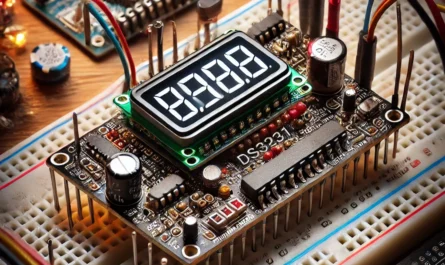🧲 Introduction
Sn63/Pb37 is a eutectic solder alloy composed of 63% tin (Sn) and 37% lead (Pb). For decades, it has been the gold standard in electronics assembly due to its reliable melting behavior, excellent wetting properties, and forgiving handling. Despite increasing regulation of lead-based materials, Sn63/Pb37 is still widely used in prototyping, repair, and specialized production environments.
🔬 What Makes It Special?
- Eutectic Composition:
- Melts sharply at 183°C — no pasty stage
- Enables precise, clean solder joints without smearing
- Superior Wetting:
- Adheres quickly and evenly to copper, tin, gold, and nickel surfaces
- Produces shiny, smooth fillets that are easy to inspect
- Excellent Flow:
- Easy to control during manual soldering
- Fills through-holes and small gaps with ease
⚙️ Typical Use Cases
| Application | Why It Works Well |
|---|---|
| PCB Prototyping | Consistent performance, ideal for debugging |
| Repair/Rework | Reflows predictably with minimal damage risk |
| Education & Labs | Forgiving for new soldering technicians |
| Aerospace (selective) | Used where RoHS compliance is not required |
🧪 Format Availability
- Solder Wire: With or without flux core
- Solder Paste: With RMA or no-clean flux
- Bars: For wave soldering systems
❌ Safety and Regulation Notes
- Contains lead, a toxic heavy metal
- Not compliant with RoHS (Restriction of Hazardous Substances)
- Always use proper ventilation and avoid inhaling fumes
- Wash hands after handling
🆚 Comparison to Other Alloys
| Alloy | Melting Point | Lead-Free | Comments |
|---|---|---|---|
| Sn63/Pb37 | 183°C | ❌ | Sharp melt, classic performance |
| SAC305 | ~217–221°C | ✅ | Higher temp, less smooth |
| Sn42/Bi58 | 138°C | ✅ | Brittle, low-temp applications |
🏁 Conclusion
Sn63/Pb37 is the legendary solder alloy that has earned its place on every engineer’s bench. For hand soldering, prototyping, and rework, it remains unmatched in ease, reliability, and visual quality. Though its lead content limits its role in modern manufacturing, it’s still the go-to choice for serious tinkerers and legacy systems.
Recommended for: Repair techs, electronics educators, vintage restorers, and anyone who values a solder joint that just works.

